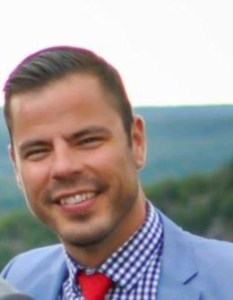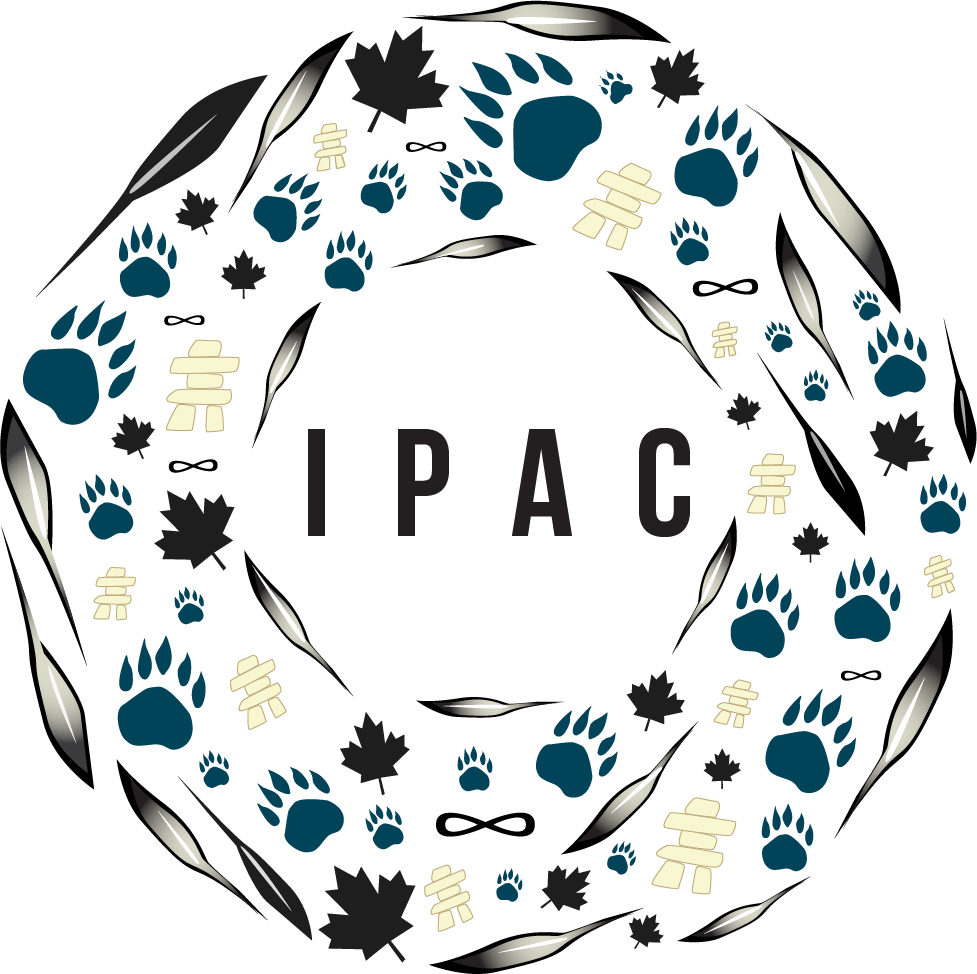RECOGNIZING EXCELLENCE - COLLIN FAUBERT

Describe your job in just under four sentences.
I am a federal negotiator and work at the Department of Indigenous and Northern Affairs Canada. I negotiate comprehensive land claims and self-government agreements on behalf of the Government of Canada and am currently leading negotiations with the Algonquins of Ontario.
Collin Faubert
Lead Negotiator, Department of Indigenous and Northern Affairs Canada
Temagami First Nation
LinkedIn: https://ca.linkedin.com/in/collin-faubert-974455b0
Why did you start working in your industry?
As Aboriginal people, we all have an increased interest in issues that directly affect us. My first opportunity to explore these issues was during my studies at Cambrian College where I graduated with a diploma in First Nation Lands Management and Administration.
To be honest, from college on, a series of events led to me joining the industry. While I was attending the University of Ottawa, I was a student advisor in their Aboriginal Resource Centre and one of my roles was showing students how to apply to the Federal government for student jobs. I submitted my own resume and was offered a summer student position. At the end of the summer I was presented with the opportunity to join the public service at an entry level position. One thing led to another and I am now a federal negotiator.
What do you enjoy the most about your job? What aspect makes you learn the most while on the job?
Where do you see yourself in 5 years?
What does success look like to you?
What has been the most outstanding moment thus far in your career?
Do you volunteer? If so, where and why is that important to you?
Do you have any advice for other Indigenous professionals in Canada?
What do you think is the most unique challenge for an Indigenous person in your industries?
I would say the most challenging question I get asked is: “as an Aboriginal person, why do you want to work for the federal government and not work for your people?” The question comes from family, folks back home, and Indigenous partners who sit across from me at the negotiation table. It is the same question I had for myself when I first started with the federal government.
My answer to that is: I feel that having Aboriginal people involved in developing and implementing policies and programming meant for Aboriginal peoples can only be beneficial. While working at Indigenous and Northern Affairs Canada, I have had nothing but positive experiences. The opportunities which have been made available to me have allowed me to grow as a professional and develop a wide range of skills.
What made you interested in joining the Indigenous Professional Association of Canada and why would you encourage others to join?
I always look for new ways to network and meet other professionals. IPAC is an excellent forum to share unique perspectives and experiences with each other. Having access to a wide range of peers allows a member to be part of a community which helps assist with managing and overcoming challenges and celebrating our many successes.

